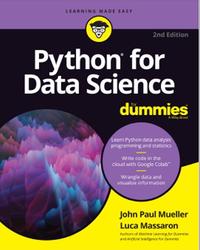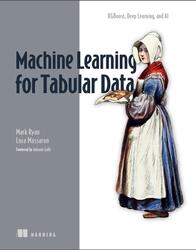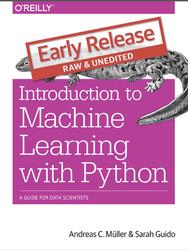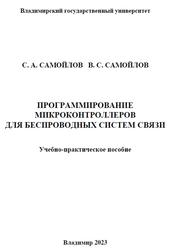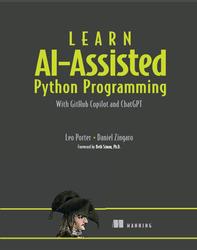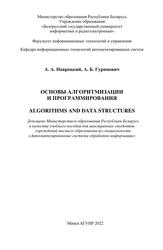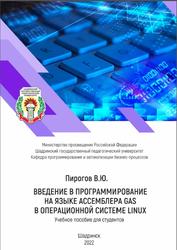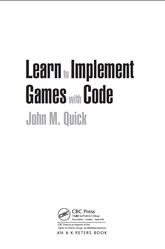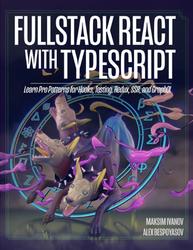Python for Data Science For Dummies, Mueller J.P., Massaron L., 2024.
Python for Data Science For Dummies, 3rd Edition not only gets you started using data science to perform a wealth of practical tasks but also helps you realize just how many places data science is used. By knowing how to answer data science problems and where to employ data science, you gain a significant advantage over everyone else, increasing your chances at promotion or that new job you really want.
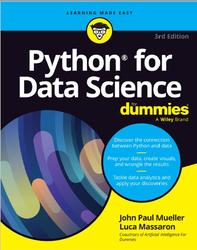
Introducing Python’s Capabilities and Wonders.
All computers run on just one kind of language — machine code. However, unless you want to learn how to talk like a computer in 0s and 1s, machine code isn’t particularly useful. You’d never want to try to define data science problems using machine code. It would take an entire lifetime (if not longer) just to define one problem. Higher-level languages make it possible to write a lot of code that humans can understand quite quickly. The tools used with these languages make it possible to translate the human-readable code into machine code that the machine understands. Therefore, the choice of languages depends on the human need, not the machine need. With this in mind, this chapter introduces you to the capabilities that Python provides that make it a practical choice for the data scientist. After all, you want to know why this book uses Python and not another language, such as Java or C++. These other languages are perfectly good choices for some tasks, but they’re not as suited to meet data science needs.
The chapter begins with some simple Python examples to give you a taste for the language. As part of exploring Python in this chapter, you discover all sorts of interesting features that Python provides. Python gives you access to a host of libraries that are especially suited to meet the needs of the data scientist. In fact, you use a number of these libraries throughout the book as you work through the coding examples. Knowing about these libraries in advance will help you understand the programming examples and why the book shows how to perform tasks in a certain way.
Contents.
Introduction.
Part 1: Getting Started with Data Science and Python.
Chapter 1: Discovering the Match between Data Science and Python.
Chapter 2: Introducing Python's Capabilities and Wonders.
Chapter 3: Setting Up Python for Data Science.
Chapter 4: Working with Google Colab.
Part 2: Getting Your Hands Dirty with Data.
Chapter 5: Working with Jupyter Notebook.
Chapter 6: Working with Real Data.
Chapter 7: Processing Your Data.
Chapter 8: Reshaping Data.
Chapter 9: Putting What You Know into Action.
Part 3: Visualizing Information.
Chapter 10: Getting a Crash Course in Matplotlib.
Chapter 11: Visualizing the Data.
Part 4: Wrangling Data.
Chapter 12: Stretching Python's Capabilities.
Chapter 13: Exploring Data Analysis.
Chapter 14: Reducing Dimensionality.
Chapter 15: Clustering.
Chapter 16: Detecting Outliers in Data.
Part 5: Learning from Data.
Chapter 17: Exploring Four Simple and Effective Algorithms.
Chapter 18: Performing Cross-Validation, Selection, and Optimization.
Chapter 19: Increasing Complexity with Linear and Nonlinear Tricks.
Chapter 20: Understanding the Power of the Many.
Part 6: The Part of Tens.
Chapter 21: Ten Essential Data Resources.
Chapter 22: Ten Data Challenges You Should Take.
Index.
Купить .
Теги: учебник по программированию :: программирование :: Mueller :: Massaron

